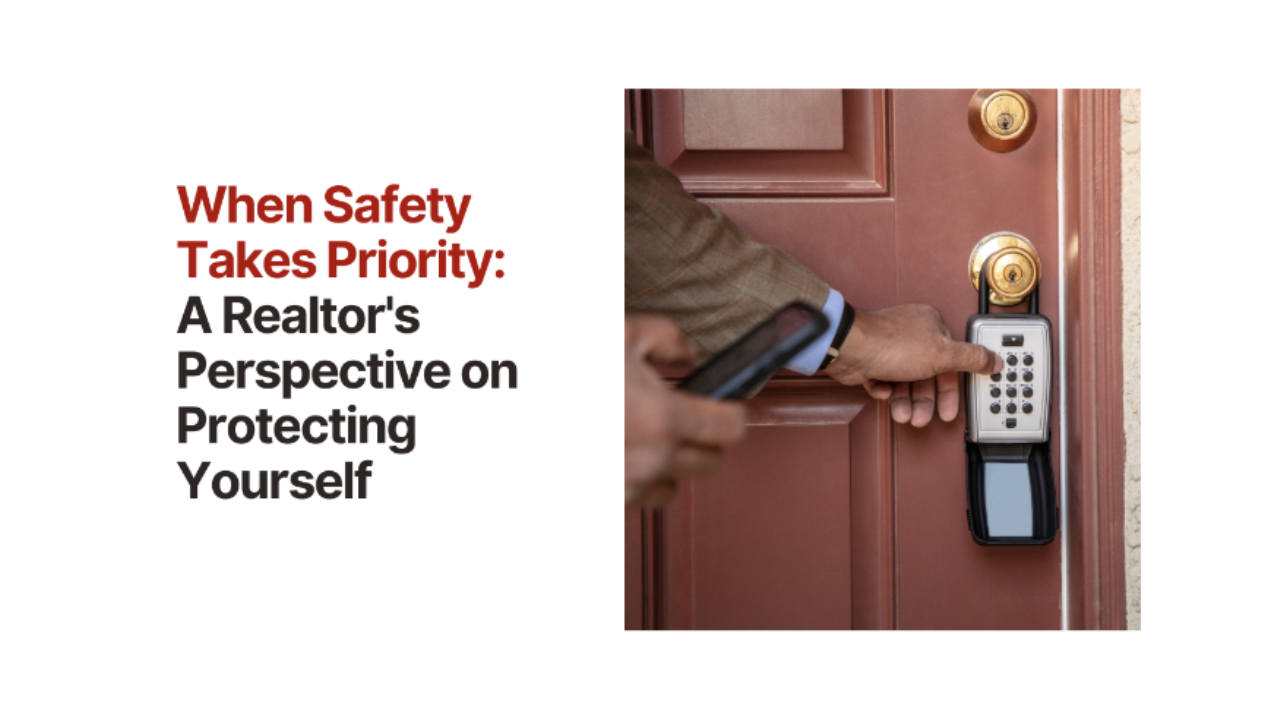
When Safety Takes Priority: A Realtor’s Perspective on Protecting Yourself
Written by Shelley Zavitz
In my book, “Your First 365 Days in Real Estate,” I share a personal story about a frightening encounter I had with a male predator during an open house. Those two hours forever changed my perception of safety in the real estate industry. This man had every opportunity to harm me, and it made me realize just how vulnerable we can be as agents.
The text underscores the significance of safety in real estate, sharing a personal experience that revealed the dangers of home tours and open houses. The author moved away from self-defense with firearms after realizing that guns could increase risks from abusers. Instead, the focus shifted to safety practices, backed by alarming statistics from the National Association of REALTORS® indicating many agents feel unsafe. The critique highlights tech platforms prioritizing consumer convenience at the expense of agent safety, suggesting this creates pressure for agents to compromise their own safety. Practical measures for minimizing risks are emphasized as essential for protecting agents in the field.
- Rule #1: Vet Your Clients. Never meet a stranger at a property without verifying their identity. Ideally, conduct an initial meeting in a public place. If that’s not possible, request a photo ID and explain it’s for your brokerage’s records.
- Trust Your Instincts. If something feels off about a client, trust your gut and refer them to another agent.
- Establish Safety Protocols. Create clear procedures for open houses and showings, including letting someone know your location and expected arrival time for your next appointment.
- Utilize Technology. Download tracking apps with select contacts who can be notified if something goes wrong. Some apps even offer live video streaming capabilities.
- Use the Buddy System. When in doubt, bring a colleague or friend along for showings, especially in unfamiliar or secluded areas.
- Report Suspicious Behavior. If you experience stalking or unwanted advances, inform your broker or manager immediately.
- Set Boundaries. Establish clear business hours to limit access during vulnerable times.
- Consider Self-Defense Training. Taking a self-defense class can equip you with valuable skills and boost your confidence.
- Firearm Safety: If you choose to carry a weapon, ensure you are properly trained and practice regularly.
- Situational Awareness. Be mindful of your surroundings, especially when entering or exiting properties and accessing lockboxes in poorly lit areas. (And a note to fellow agents: avoid placing lockboxes in vulnerable locations!)
Remember, it’s our responsibility to create a safe working environment, not our clients’. Most clients are focused on finding their dream home, not on potential safety risks. It’s up to us to educate them and set clear boundaries to protect ourselves. As business owners, we have the right to choose who we work with. Many agents, including myself, refuse to use platforms that prioritize convenience over agent safety. Their brand promise is not ours. Additionally, we should stay informed about safety protocols, attend relevant workshops, and always trust our instincts. The tools and resources we utilize must align with our safety priorities.
For instance, keeping a trusted colleague informed of your whereabouts or using technology to share your location in real-time can be simple but effective measures. Practicing situational awareness, especially during open houses or client meetings, is another key part of the process. Having a safety checklist or even role-playing safety scenarios with other agents can further ensure preparedness. Our well-being must come first. Ultimately, we can’t achieve our goals if we’re not safe. Prioritize your well-being, and don’t hesitate to take the necessary steps to protect yourself. This should always be a non-negotiable aspect of our business strategy.
Want more? The Beverly Carter Foundation has a free book on safe selling tactics. Find it here.
Copyright 2024 – OnTrack Agent

